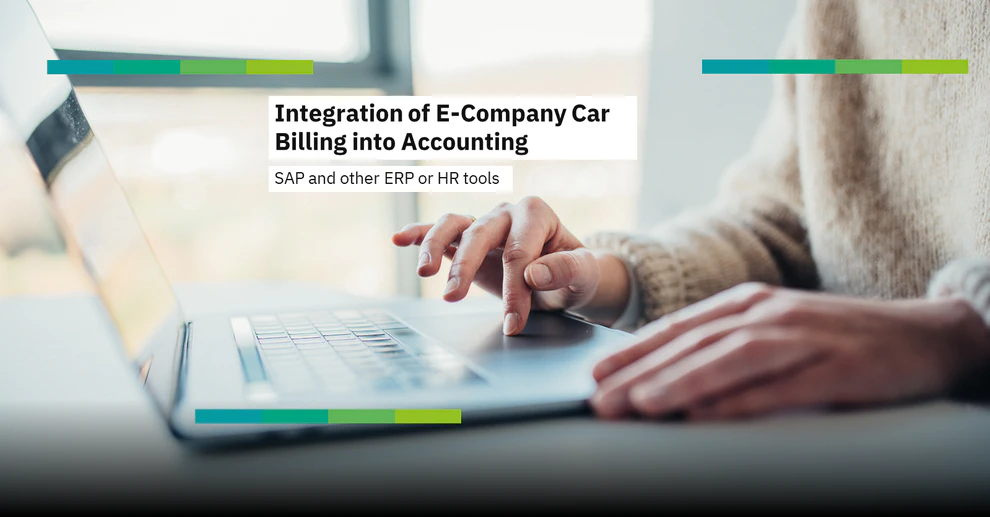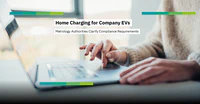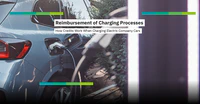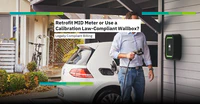The billing of electric company cars presents new challenges for many companies. While traditional fuel cards enable simple and uniform billing, electromobility brings a variety of manual receipts. In this article, we show how the integration of billing for electric company cars into existing systems like SAP and other ERP or HR tools can be efficiently designed.
Cost Factors in Manual Billing of Electric Company Cars
Manual billing of charging costs for electric company cars can be time-consuming and error-prone. Companies often face a multitude of receipts, ranging from intermediate meters, screenshots from vehicle apps to other creative proofs. These are supposed to legally prove that the driver actually incurred an expense for charging the electric company car. Manual processing not only causes high administrative costs but also carries the risk of billing errors. Especially home charging (charge@home ) brings additional challenges, as there are often no uniform billing formats. A legally compliant billing solution is, however, indispensable here.
Download our charge@home Guide now!
Our guide highlights the requirements for a home charging solution and explains what is needed to use it for legally compliant billing of company cars. Learn more about the installation of wallboxes, legal frameworks, and efficient billing solutions for home charging.
REQUEST GUIDE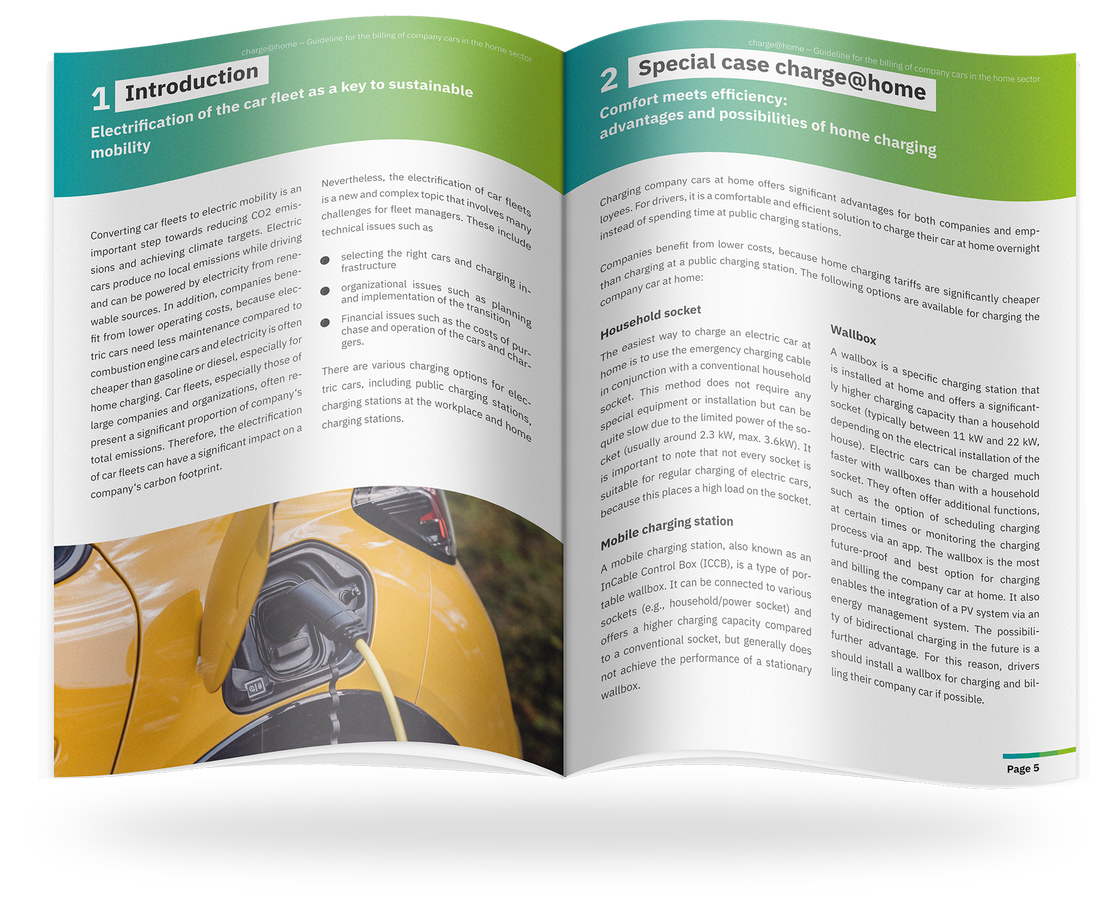
Hidden Internal Costs of Manual Billing: An Example
The introduction of an automated billing process is an investment that quickly pays off due to its efficiency and cost-effectiveness. Assuming the hourly rate for employees is around 50 euros. Considering the effort that company car drivers as well as HR and finance employees put into manual billing, monthly personnel costs of 100 to 150 euros per billing and company car driver quickly arise.
The investment costs for automated billing usually amortize within six months when comparing the manual effort. An automated billing service typically costs no more than 15 to 20 euros per month and charging point. Even with a small fleet, switching to an automated billing system is worthwhile.
For more information on “Costs and Savings Potential for Company Cars ”, please refer to our blog post.
From Fuel Cards to Charging Cards and Home Charging: New Challenges
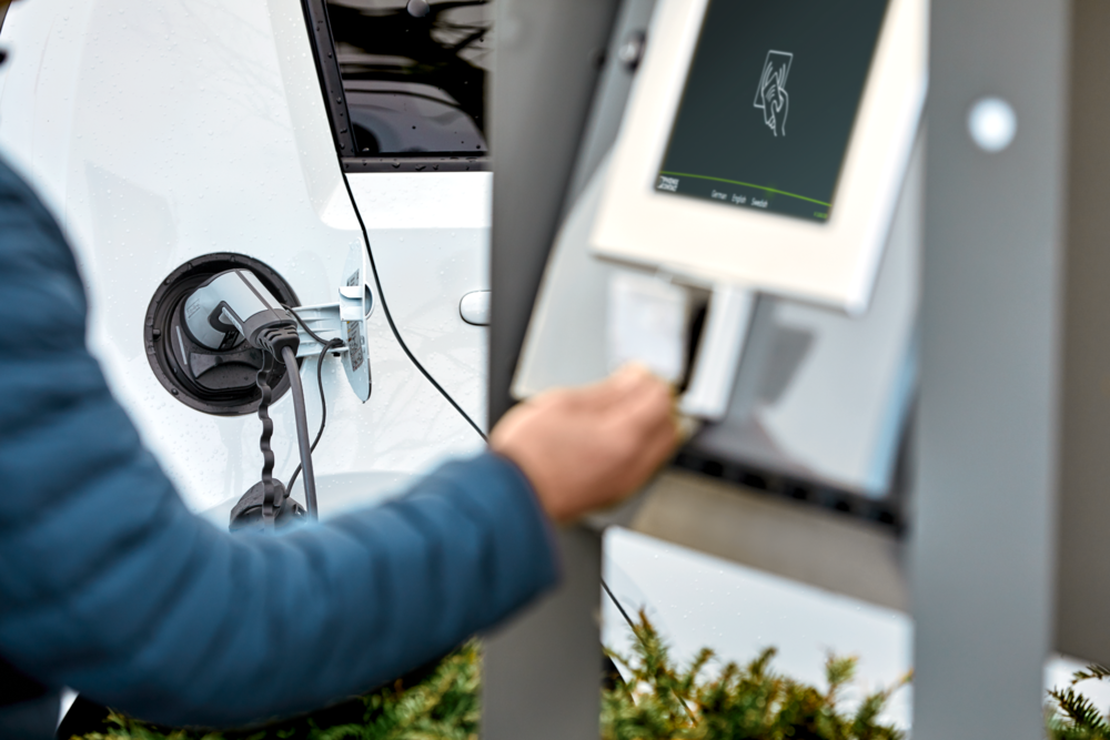
With a traditional fuel card, companies receive a total invoice in a uniform format, often with technical integrations into accounting systems. This minimizes manual effort. However, with the spread of electromobility, this has changed. A charging card for the public area works similarly to a fuel card, but the multitude of manual receipts for the private area presents a challenge. Fleet managers often face a colorful variety of receipts that need to be processed regularly. This is not only very time-consuming but also inefficient. Therefore, an automated and legally compliant billing solution is crucial, especially in the home area, to manage the fleet efficiently. Direct integration into accounting and billing systems is of great importance.
Integration into SAP and Other ERP or HR Tools
An automated and legally compliant billing solution is essential, especially for home charging. To avoid generating efforts when transferring data between the billing system and accounting, automatic integration is recommended. By integrating billing into existing systems like SAP and other ERP or HR tools, companies can significantly simplify and standardize the process. This not only reduces manual effort but also ensures uniform and transparent billing.
Practical Application
- Financial Payout: Fleet managers must decide whether the financial payout of the expense reimbursement is done by the billing system of the service provider or automated through their own payroll.
- Interfaces and Formats: It is important to clarify before selecting a billing provider which interfaces and formats can be processed.
Charge Repay Service
The Charge Repay Service from Phoenix Contact enables automatic and legally compliant recording of home charging processes. Upon customer request, payouts can be made directly from the system. Integrations into other systems are also possible, either via a REST API or a customer-specific CSV file. A signed PDF invoice is created for each export, which meets the GOBD requirements for audit security. Drivers can be enriched with additional identification features to facilitate integration into existing systems.
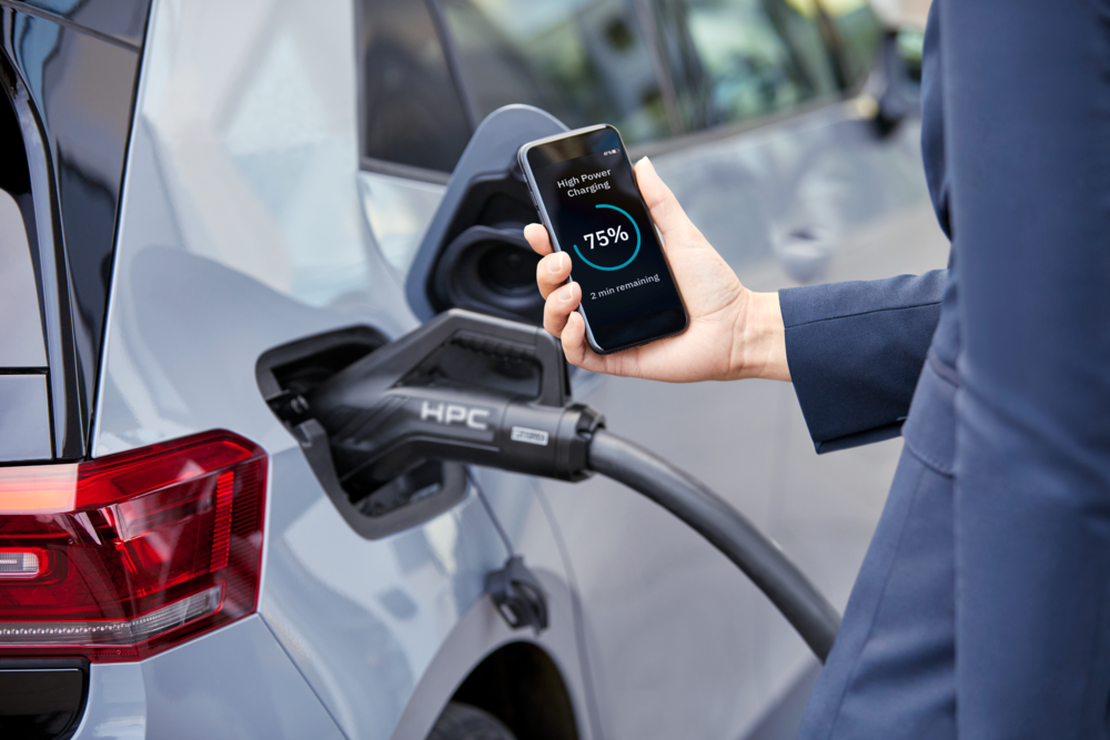
You can read how this works technically in our blog post .
Conclusion
The integration of billing for electric company cars into existing systems is an important step to reduce administrative effort and ensure legally compliant billing. With automated solutions like the Charge Repay Service, companies can make their processes more efficient and optimally manage their fleet. Compliance with calibration law and the ability to automatically bill home charging (charge@home) are crucial factors.
